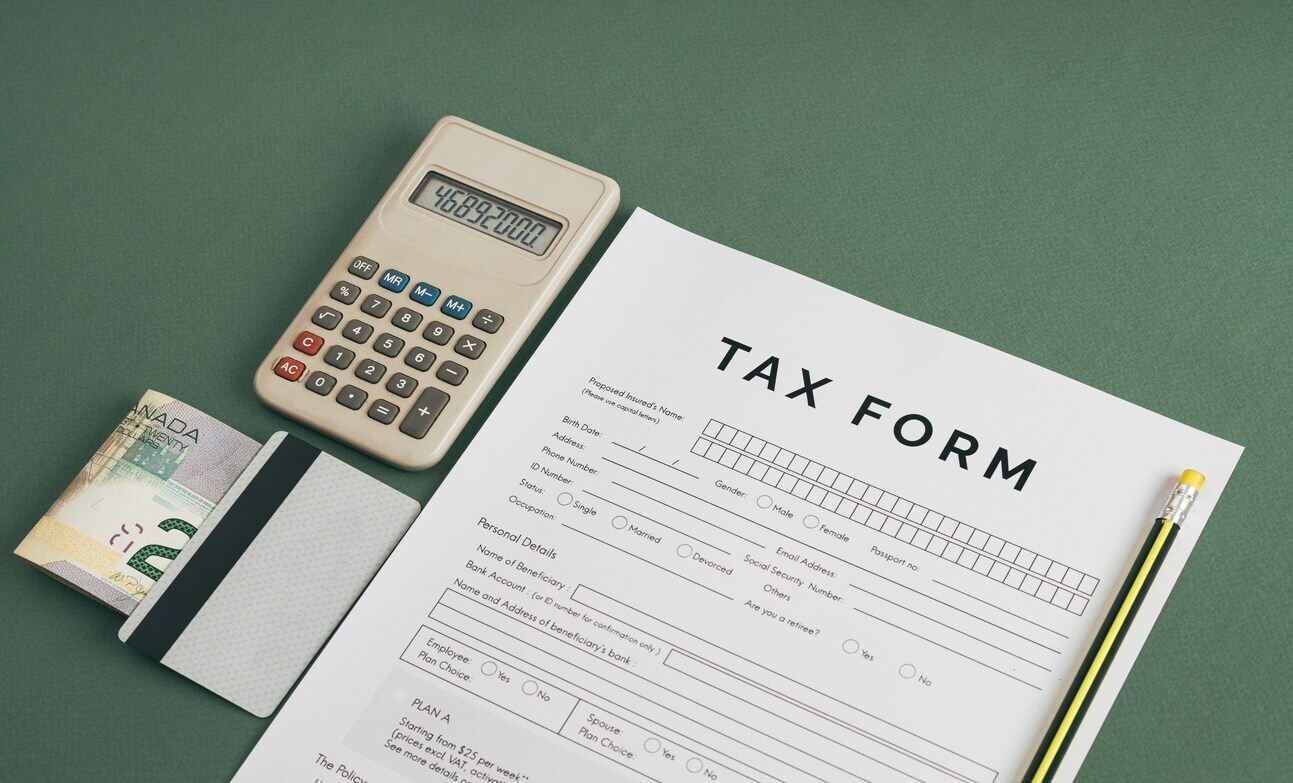Tax season is upon us, which means it’s time to fulfill your civic duty and file your income tax with the federal government through the IRS. For many filers, this can be a stressful time, especially for first-time taxpayers who may be unsure of how much they owe. However, the good news is that you may not owe as much as you think. Tax credits can significantly reduce your overall tax burden and, in some cases, even lead to a refund. By taking advantage of these credits, you can maximize your return and ease the financial strain that tax season often brings.
For most Americans, filing taxes is a straightforward process. If you are an employee, you typically only need to submit a W-2 form, which your employer is required to provide as proof of your earnings. However, filing taxes is more than just submitting income information—it also involves understanding what deductions and credits you qualify for. Even if you are not required to pay taxes, you may still need to file a return to claim certain credits.
Tax Credits: A valuable opportunity to save money
One of the most effective ways to reduce your tax liability is by claiming tax credits. Unlike deductions, which reduce your taxable income, tax credits directly lower the amount of tax you owe. Some of the most well-known tax credits include the Child Tax Credit and the American Opportunity Tax Credit for education. However, there are many other credits available that filers often overlook.
Tax credits are primarily designed to assist low- and middle-income taxpayers, making them an essential tool for financial relief. By understanding which credits you qualify for, you can potentially save thousands of dollars. While researching and filing for tax credits requires some effort, the financial benefits far outweigh the extra time spent preparing your return.
Earned income tax credit: are you eligible?
One of the most valuable but underutilized tax credits is the Earned Income Tax Credit (EITC). This credit is specifically designed to help working individuals and families with moderate to low income. However, it is estimated that one in five eligible taxpayers fail to claim this credit each year.
To qualify for the EITC, you must meet certain income requirements based on your filing status and number of children:
- Single, head of household, or widower:
- $19,104 with no qualifying children
- $50,434 with one child
- $57,310 with two children
- $61,555 with three or more children
- Married couples filing jointly:
- $26,214 with no qualifying children
- $57,554 with one child
- $64,430 with two children
- $68,675 with three or more children
The amount of credit you can receive depends on the number of qualifying children you have:
- No qualifying children: Up to $649
- One qualifying child: Up to $4,328
- Two qualifying children: Up to $7,152
- Three or more qualifying children: Up to $8,046
If you meet the criteria, claiming the EITC can provide a significant financial boost. It is especially beneficial for families with multiple children, as the credit amount increases based on the number of dependents.
Important deadlines and free tax assistance
The deadline to file your taxes is April 15. However, if you are claiming the Earned Income Tax Credit for previous years, you have up to three years to file retroactively. This means that you must file for the 2021 EITC by April 15 of this year to remain eligible. To avoid complications and ensure a smooth filing process, it is recommended that you file your most recent tax return as soon as possible.
If you need additional time, you can apply for a filing extension, which will grant you until October 15 to complete your tax return. However, keep in mind that an extension to file does not mean an extension to pay any taxes owed.
For those who need assistance filing their taxes, the IRS provides free tax preparation services to individuals who meet any of the following criteria:
- Earn $67,000 or less per year
- Have a disability
- Require language support
- Are 60 years or older
Additionally, the IRS website offers detailed guidelines on how to file your taxes, along with resources such as the “Where’s My Refund?” tool to track the status of your return.
